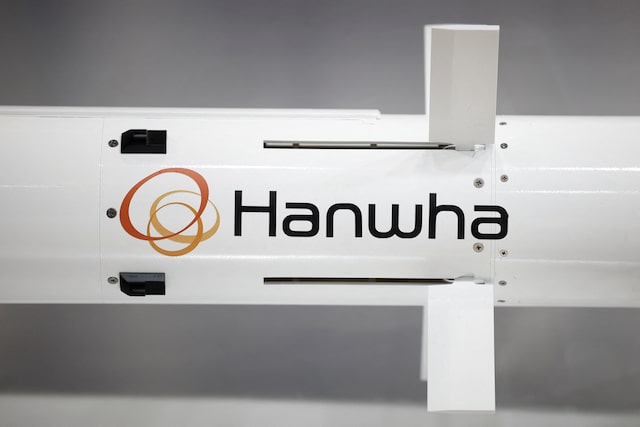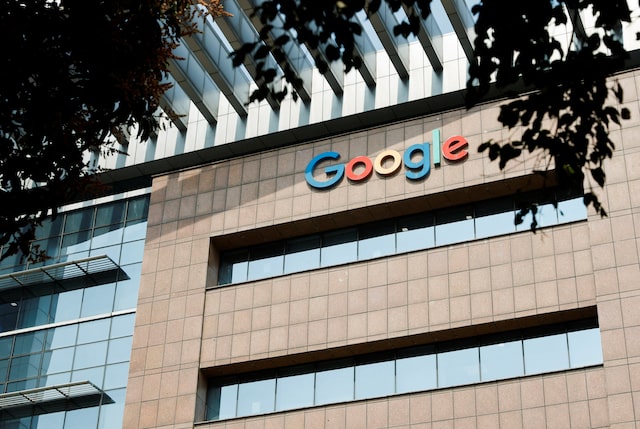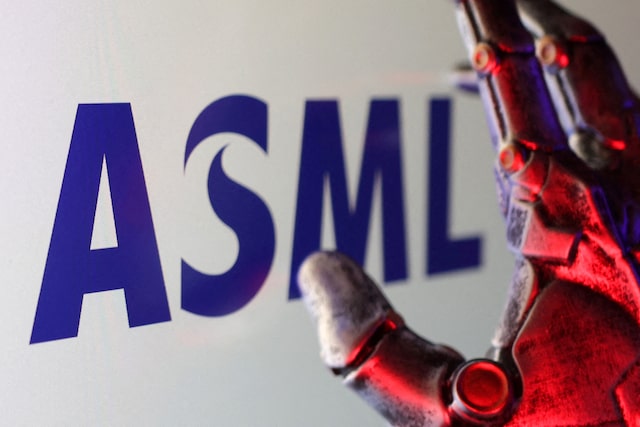U.S. President Donald Trump and China’s President Xi Jinping hold a bilateral meeting during the G20 leaders summit in Osaka, Japan, June 29, 2019. REUTERS
WASHINGTON, (Reuters) – U.S. President Donald Trump remains on track to meet Chinese leader Xi Jinping in South Korea in late October as the two sides try to de-escalate tensions over tariff threats and export controls, U.S. Treasury Secretary Scott Bessent said on Monday.
The latest rupture followed China’s announcement on Thursday that it would dramatically expand its rare earths export controls. That drew a sharp countermeasure from Trump on Friday that sent markets and relations between the world’s two largest economies into a spiral.
Bessent said there were substantial communications between the two sides over the weekend and more meetings were expected.
“We have substantially de-escalated,” Bessent said in an interview with Fox Business Network.
“President Trump said that the tariffs would not go into effect until November 1. He will be meeting with Party Chair Xi in Korea. I believe that meeting will still be on.”
Trump and Xi had planned to meet during the summit of the Asia-Pacific Economic Cooperation forum hosted by South Korea in late October.
China’s Commerce Ministry on Tuesday said it had informed the U.S. in advance it planned to tighten its rare earth controls, and confirmed that the two sides remain in communication, adding that a working-level meeting took place on Monday.
But the statement from a Commerce Ministry spokesperson warned “the U.S. cannot ask for talks while simultaneously threatening new restrictive measures.”
Asian stocks made a tentative rebound in early trade on Tuesday, after Wall Street’s main indexes ended as much as 2.2% higher on Monday, following Bessent’s signal that trade negotiations between the two superpowers remain on track.
Trump’s threat on Friday sparked a big sell-off at a time when investors and top policymakers were already growing anxious about a frothy stock market fueled by an investment boom in artificial intelligence that some officials fear could hurt future employment.
Bessent said there would be U.S.-China staff-level meetings this week in Washington on the sidelines of the World Bank and International Monetary Fund annual gatherings.
“The 100% tariff does not have to happen,” Bessent said. “The relationship, despite this announcement last week, is good. Lines of communication have reopened, so we’ll see where it goes.”
US PUSHBACK AGGRESSIVE
Still, Bessent called the China move provocative and said the U.S. pushed back aggressively.
The United States has been in contact with its allies and expects support from Europe, India, and democracies in Asia, he said.
“China is a command-and-control economy. They are neither going to command nor control us,” Bessent said.
China blamed the United States for the rising trade tensions on Sunday and called Trump’s latest threatened tariffs of 100% on Chinese goods hypocritical. It defended its curbs on exports of rare earth elements and equipment. China dominates the market for such elements, which are essential to tech manufacturing.
Under China’s new regulations, foreign companies producing some of the rare earths and related magnets on the list will now also need a Chinese export license if the final product contains or is made with Chinese equipment or material. This applies even if the transaction includes no Chinese companies.
The United States would reject licensing requirements from China, Bessent said in the interview on “Mornings with Maria.”
Reporting by Susan Heavey, Doina Chiacu, David Lawder and Joe Cash in Beijing; Writing by Doina Chiacu; Editing by Hugh Lawson, Alistair Bell and Lincoln Feast.




